Colonial Pastors in Public Affairs - Rev. John Wise P2
Last week I began talking about Rev. John Wise and how some knew him as the most influential person in shaping the American thinking that led to the independence and also known as a skilled and powerful wrestler. Those who knew the Rev. Wise believed him to be as strong in his spiritual prayer life as in his physical prowess.
One Sunday after pirates kidnapped a local boat crew, the Rev. Wise offered a prayer for the captured men — a prayer punctuated with: “Great God, if there is no other way, may they rise and their butcher enemies.” The next day, the captured boat crew, having “risen and butchered their enemies,” returned safely to town, thus affirming to the community the efficacy of Wise’s prayers.
As early as 1687, nearly a century before the American War for Independence, he was already teaching that “taxation without representation is tyranny,” “the consent of the people” is the foundation of government, and “every man must be acknowledged equal to every man.” Interestingly, there are very similar thoughts in the Declaration of Independence.
Content Sourced from The American Story, The Beginnings by Dave Barton & Tim Barton
